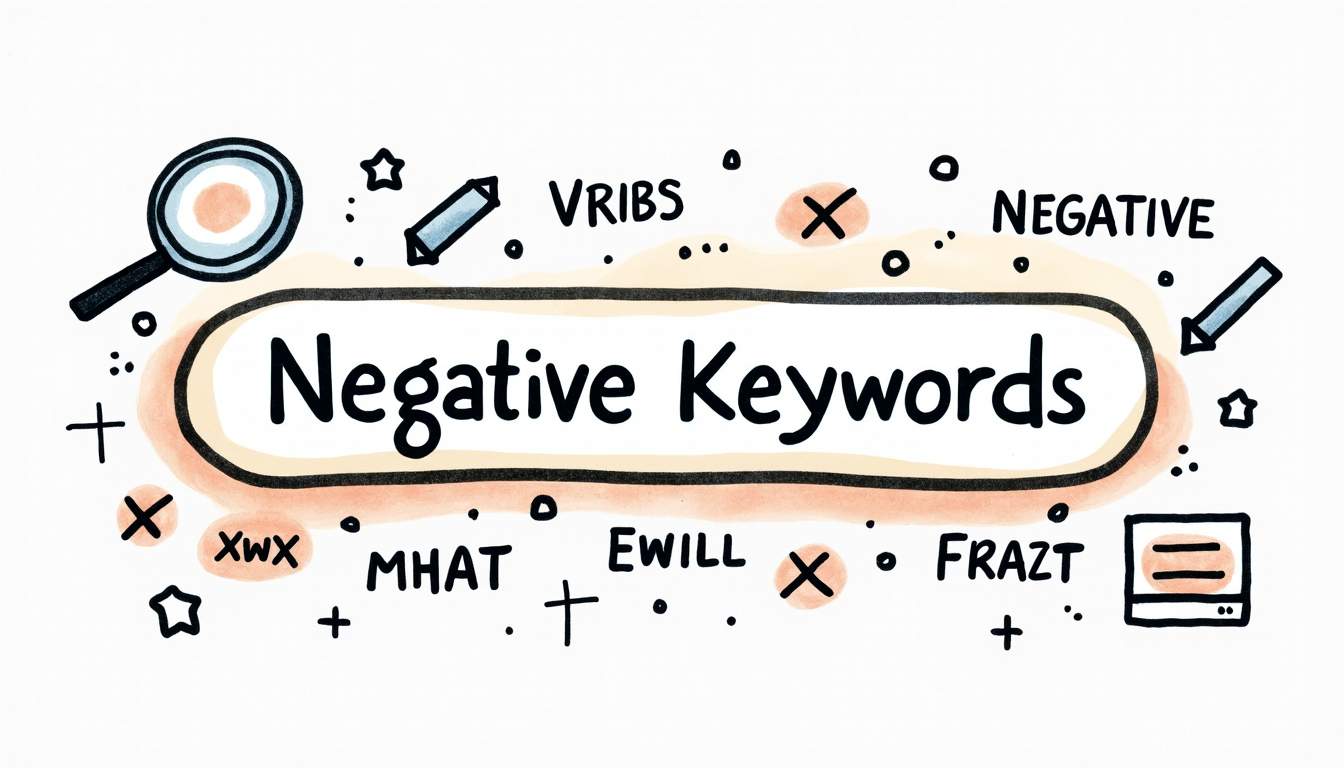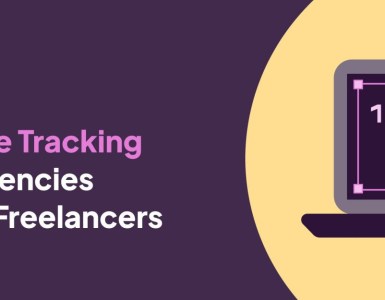Pay-per-click (PPC) advertising can be a game-changer for businesses looking to increase their online visibility and drive sales. However, achieving optimal performance in PPC campaigns requires more than just setting a budget and choosing keywords. Here are eight actionable tips that can help enhance your PPC performance and maximize your return on investment.
1. Conduct Thorough Keyword Research
Keyword research is the foundation of any successful PPC campaign. It involves identifying the terms and phrases that potential customers are using to search for products or services similar to yours. By targeting the right keywords, you can ensure that your ads reach the right audience.
Utilize tools like Google Keyword Planner, SEMrush, or Ahrefs to discover high-volume keywords that are relevant to your business. Consider long-tail keywords as well; they may have lower search volumes but often result in higher conversion rates due to their specificity. Additionally, leveraging local keywords can be particularly beneficial for businesses with a physical presence, as they help attract customers who are searching for services in their immediate vicinity.
Understand Search Intent
Not all keywords are created equal. Understanding the intent behind a search query can significantly influence your ad performance. Are users looking for information, comparing products, or ready to make a purchase? Tailoring your ads to match the search intent can improve click-through rates and conversions. For instance, if a user is searching for “best running shoes,” they may be in the research phase, while a search for “buy running shoes online” indicates a readiness to purchase. By aligning your ad copy and landing pages with these varying intents, you can create a more seamless user experience that encourages engagement and conversion.
Regularly Update Your Keyword List
The digital landscape is constantly changing, and so are the keywords that drive traffic. Regularly reviewing and updating your keyword list will help you stay relevant. Remove underperforming keywords and add new ones that align with current trends and consumer behaviour. Furthermore, seasonal trends can also play a role in the effectiveness of certain keywords; for example, keywords related to holiday shopping will peak at specific times of the year. By keeping an eye on these fluctuations and adjusting your strategy accordingly, you can maximize your ad spend and ensure that your campaigns remain competitive and effective.
For thorough keyword research, consider speaking with professional SEO experts who can uncover hidden opportunities your competitors might be missing, analyze search intent patterns across your industry, and help you build a comprehensive keyword strategy that aligns with your long-term business goals.
2. Optimize Ad Copy
Your ad copy is often the first impression potential customers have of your business. Crafting compelling and relevant ad copy is crucial for attracting clicks and driving conversions. Focus on clarity, value proposition, and a strong call to action. A well-structured ad not only informs but also engages the reader, making them more likely to take the desired action. Consider the emotional triggers that resonate with your audience; whether it’s urgency, exclusivity, or a sense of belonging, tapping into these feelings can significantly enhance the effectiveness of your ad copy.
Highlight unique selling points and benefits that set your product or service apart. Use persuasive language that resonates with your target audience. Testing different variations of ad copy can also provide insights into what works best. Incorporating keywords that align with search intent can further boost your ad’s relevance, making it easier for potential customers to find you. Additionally, leveraging testimonials or social proof within your ad copy can build trust and credibility, encouraging users to click through to learn more.
Utilize Ad Extensions
Ad extensions are a powerful way to enhance your PPC ads. They provide additional information and increase the visibility of your ads. Options like site link extensions, call extensions, and location extensions can improve click-through rates by providing users with more reasons to engage with your ad. For instance, site link extensions allow you to direct users to specific pages on your website, such as a sale or a new product line, making it easier for them to find what they are looking for without additional clicks. Call extensions, on the other hand, enable potential customers to reach you directly with a simple tap, which is especially beneficial for mobile users who prefer quick access to services.
A/B Testing for Continuous Improvement
A/B testing, or split testing, is an effective method for optimizing ad copy. By creating two versions of an ad and running them simultaneously, you can gather data on which performs better. This iterative process allows for continuous improvement and refinement of your messaging. Beyond just testing different headlines or calls to action, consider experimenting with various formats, such as incorporating images or videos, to see how they impact engagement. Analyzing metrics like click-through rates, conversion rates, and bounce rates will provide deeper insights into user behavior, helping you to fine-tune your approach over time. Remember, the goal of A/B testing is not just to find a winner, but to understand your audience better and adapt your strategy accordingly.
For truly standout campaigns, consider partnering with professional designers who can create visually striking ad creatives that outperform standard templates.
3. Target the Right Audience
Effective audience targeting is essential for maximizing PPC performance. Understanding who your ideal customers are and tailoring your ads to reach them can lead to higher engagement and conversion rates.

Utilize demographic targeting, geographic targeting, and interest-based targeting to hone in on your audience. Platforms like Google Ads and Facebook Ads offer robust targeting options that can help you reach specific segments of the market.
While these platforms offer intuitive tools, experienced PPC specialists bring a depth of knowledge that can transform your targeting strategy. They can identify audience segments you might have overlooked and apply advanced targeting techniques that ofte
Leverage Remarketing Strategies
Remarketing is a powerful strategy that allows you to reconnect with users who have previously interacted with your website or ads. By showing targeted ads to these users, you can remind them of your offerings and encourage them to return and complete a purchase.
Create Custom Audiences
Custom audiences can be created based on user behavior, such as website visits or engagement with previous ads. This level of targeting allows for personalized messaging that resonates with users, increasing the likelihood of conversions.
4. Optimize Landing Pages
The landing page is where users land after clicking on your ad, making it a critical component of your PPC strategy. An optimized landing page can significantly improve conversion rates and overall campaign performance.
Ensure that your landing page aligns with the ad copy and offers a seamless user experience. Fast loading times, mobile optimization, and clear calls to action are essential elements that can enhance user engagement and drive conversions.
Test Different Landing Page Designs
Just like ad copy, landing pages can benefit from A/B testing. Experiment with different layouts, colors, and content to see what resonates best with your audience. Small changes can lead to significant improvements in conversion rates.
Include Trust Signals
Incorporating trust signals such as customer testimonials, security badges, and clear return policies can help alleviate any concerns potential customers may have. Building trust is crucial in encouraging users to take action on your landing page.
For businesses seeking exceptional results, professional web designers can create custom landing pages that outperform templates in both aesthetics and conversion rates.
5. Monitor and Adjust Bids
Bidding strategies can greatly impact the performance of your PPC campaigns. Regularly monitoring and adjusting your bids based on performance data can help you maximize your budget and improve ad placement.
Consider using automated bidding strategies offered by platforms like Google Ads. These strategies can optimize bids in real-time based on various factors, including competition and user behavior, ensuring that you get the most out of your investment.
Set Bid Adjustments
Bid adjustments allow you to increase or decrease bids based on specific criteria, such as device type, location, or time of day. This level of granularity can help you allocate your budget more effectively and focus on the segments that deliver the best results.
Keep an Eye on Competitor Bids
Understanding your competitors’ bidding strategies can provide valuable insights. Tools like SEMrush or SpyFu can help you analyze competitor keywords and bids, allowing you to make informed decisions about your own bidding strategy.
6. Utilize Negative Keywords
Negative keywords are an often-overlooked aspect of PPC campaigns. By excluding certain keywords from your campaigns, you can prevent your ads from showing up in irrelevant searches, thus saving your budget and improving click-through rates.

Regularly reviewing search term reports can help identify keywords that are generating clicks but not conversions. Adding these as negative keywords can refine your targeting and enhance overall campaign performance.
Expand Your Negative Keyword List
As your campaign evolves, continue to expand your negative keyword list. This proactive approach will help maintain the relevance of your ads and ensure that you are only targeting the most valuable search queries.
Monitor Performance Metrics
Keep an eye on key performance metrics such as click-through rates, conversion rates, and cost per conversion. Analyzing these metrics can help identify areas for improvement and inform your negative keyword strategy.
7. Analyze Performance Data
Data analysis is crucial for understanding the effectiveness of your PPC campaigns. Regularly reviewing performance metrics can provide insights into what is working and what needs adjustment.

Utilize analytics tools to track key metrics such as click-through rates, conversion rates, and return on ad spend. This data can help inform decisions about keyword targeting, ad copy, and bidding strategies.
Set Up Conversion Tracking
Implementing conversion tracking is essential for measuring the success of your PPC campaigns. By tracking actions that users take after clicking on your ads, you can gain valuable insights into the effectiveness of your campaigns and optimize accordingly.
Regularly Review and Report
Establish a routine for reviewing and reporting on PPC performance. Regular analysis will help identify trends, successes, and areas for improvement, ensuring that your campaigns remain effective over time.
8. Stay Updated with Industry Trends
The digital advertising landscape is constantly evolving, and staying informed about industry trends is essential for maintaining competitive PPC performance. New tools, strategies, and best practices emerge regularly, and adapting to these changes can provide a significant advantage.
Follow industry blogs, attend webinars, and participate in online forums to stay updated. Engaging with the PPC community can also provide insights and tips from other professionals who are navigating similar challenges.
Experiment with New Features
Platforms like Google Ads frequently roll out new features and updates. Experimenting with these new tools can help you discover innovative ways to enhance your PPC campaigns. Whether it’s a new bidding strategy or ad format, being an early adopter can set you apart from the competition.
Network with Other Professionals
Networking with other PPC professionals can provide valuable insights and foster collaboration. Joining industry groups on social media or attending conferences can create opportunities for learning and sharing best practices.
Conclusion
Improving PPC performance is an ongoing process that requires attention, analysis, and adaptation. By implementing these eight tips, businesses can enhance their PPC campaigns, drive more targeted traffic, and ultimately achieve better results. Remember, the key to success in PPC lies in continuous learning and optimization.
Take Your PPC Campaigns to the Next Level with Twine
Ready to amplify the impact of your PPC efforts? At Twine, we connect you with top-tier freelancers who specialize in PPC and can help refine your strategies for even better results. Our marketplace is brimming with professionals in technology, creative, and marketing disciplines, all ready to contribute to the success of your campaigns. Don’t miss out on the opportunity to work with expert talent and watch your projects thrive. Post your requirements for free and start transforming your PPC performance today!
Related Reads: Freelance PPC Expert Hourly Rates | PPC Specialist Job Description Template




